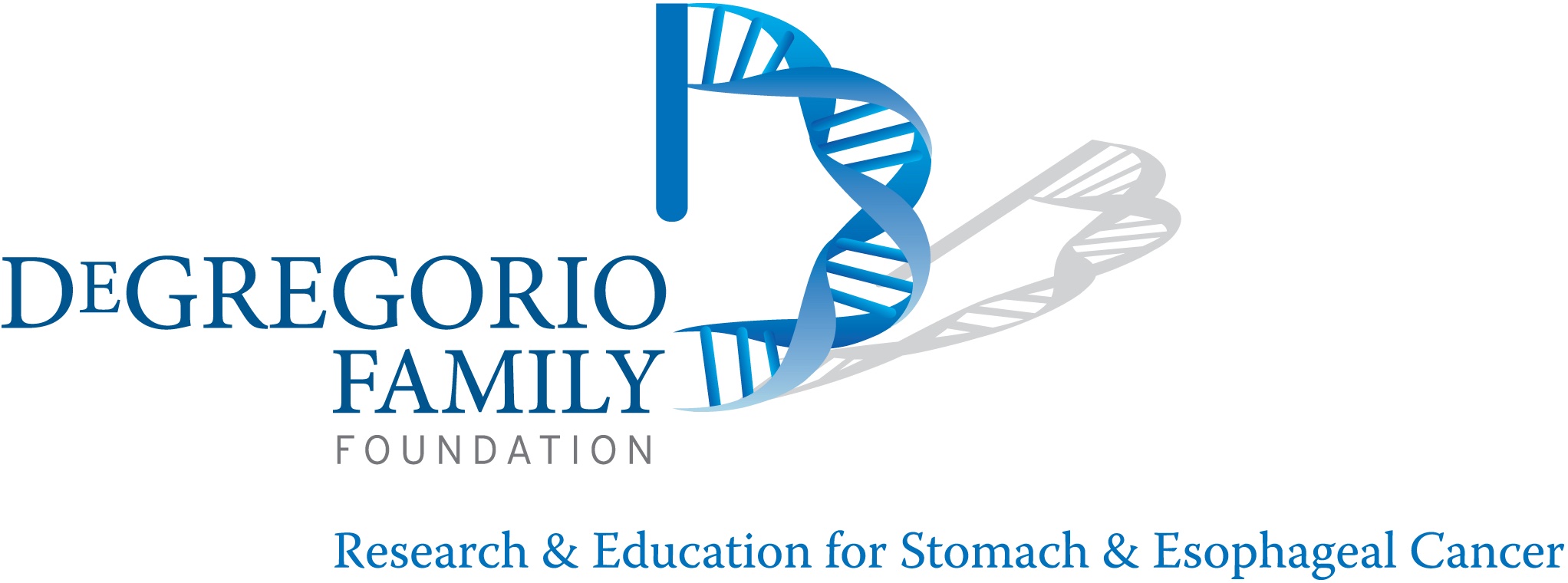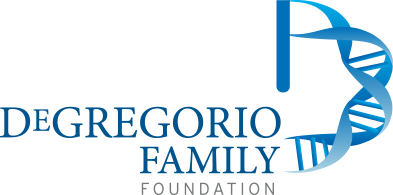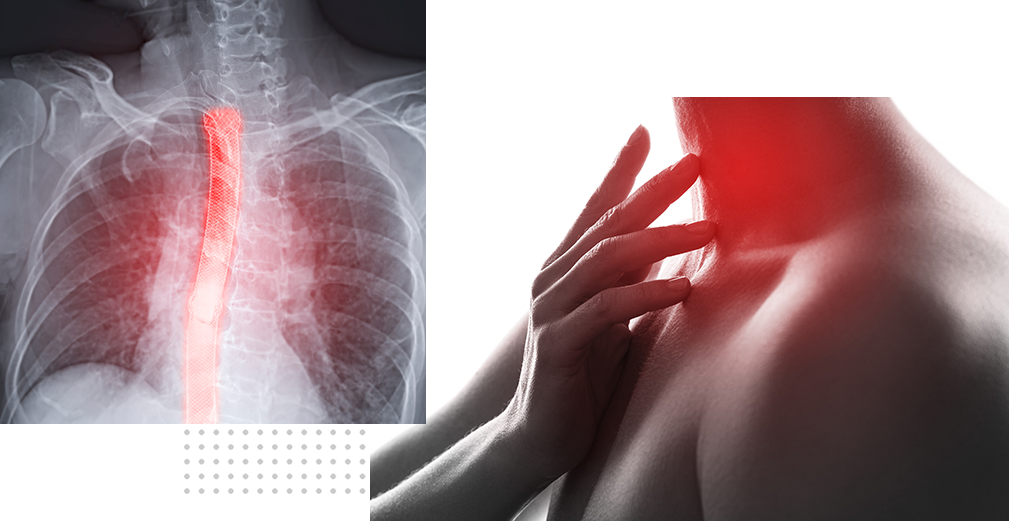
About Esophageal Cancer: Symptoms, Treatments, Cures and Research
What are the symptoms and treatments of esophageal cancer? Typical symptoms of esophageal cancer include painful or difficult swallowing and weight loss. Standard treatments for this type of cancer are radiation therapy, surgery, chemotherapy, chemoradiation therapy, laser therapy, electrocoagulation and immunotherapy.







